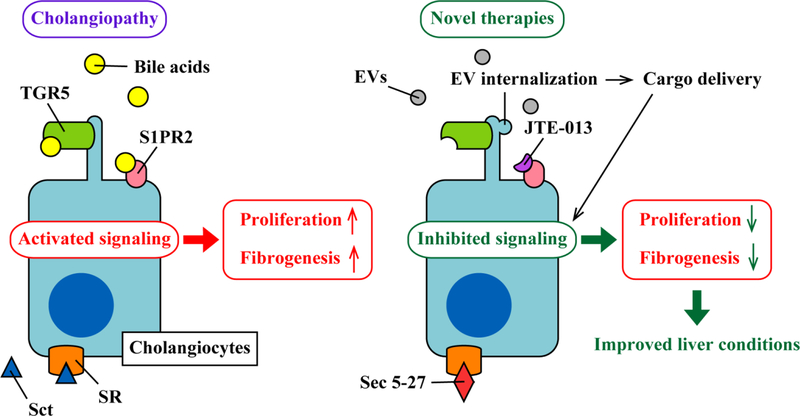Figure 1. The strategy for novel therapies in cholangiopathies.
Cholangiocytes express various membrane receptors such as G protein-coupled bile acid receptor (TGR5), secretin receptor (SR), and sphingosine-1-phosphate receptor 2 (S1PR2). During cholangiopathies, secreted levels of triggering agents including bile acids and secretin (Sct) are increased and they bind to those receptors. This activates specific signaling pathways inducing cholangiocyte proliferation, ductular reaction, and fibrogenesis. Current studies target those signaling pathways to interrupt activation of signaling by administration of drugs binding those receptors. JTE-013 and Sec 5–27 are antagonists for S1PR2 and SR, respectively that bind to these receptors inhibiting downstream signaling. However, functional roles of some receptors such as TGR5 are still undefined during cholangiopathies; therefore, further studies are required to elucidate the potential utilization of agonists/antagonists as novel therapies targeting those receptors. Extracellular vesicles (EVs) can carry mediators such as RNAs and proteins that can be delivered into cholangiocytes. Internalized EVs transfer cargo mediators into recipient cholangiocytes and regulate physiological events leading to improved liver conditions, representing promising potentials of EVs as a tool of novel therapies.

